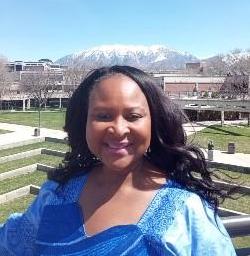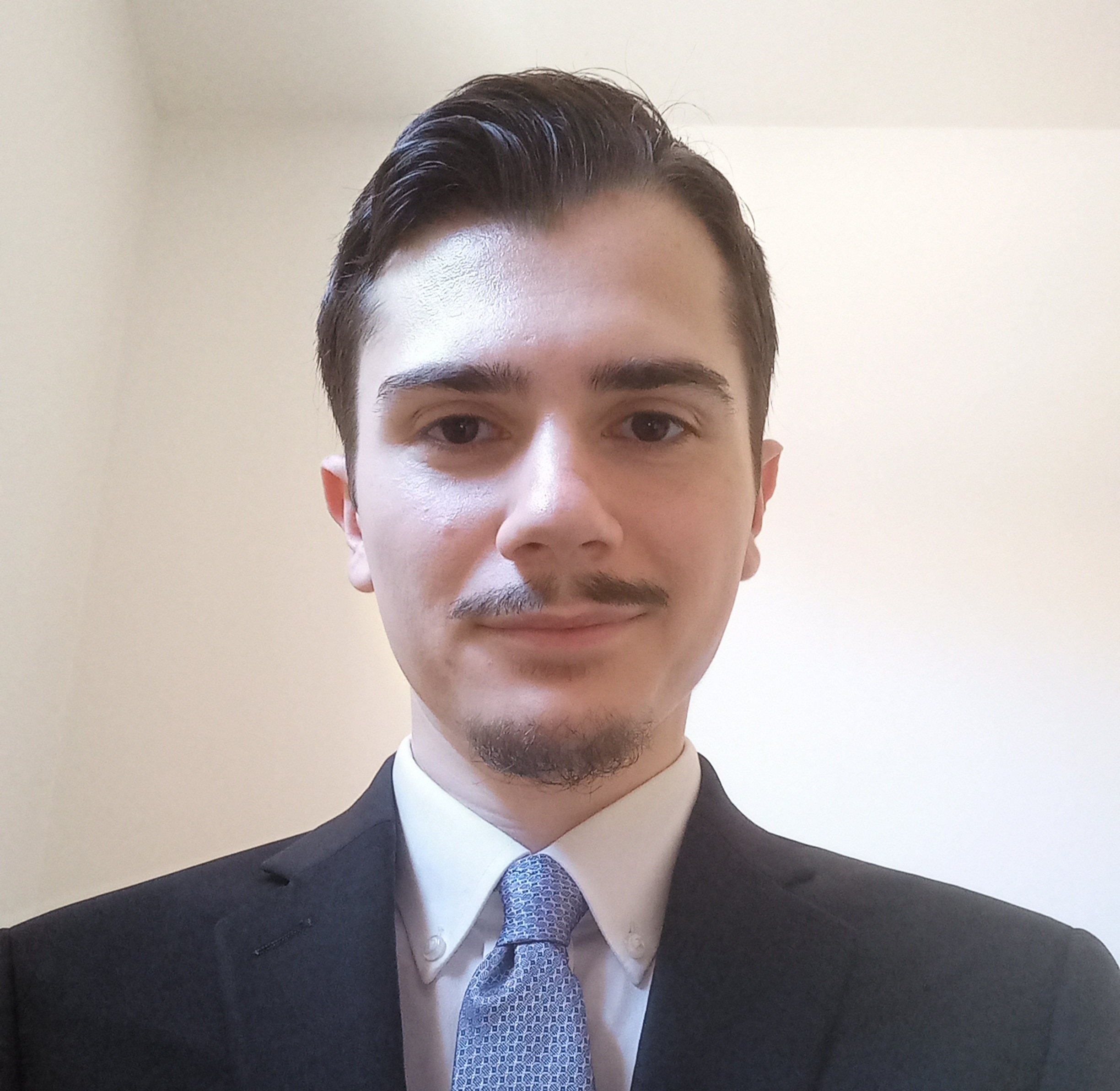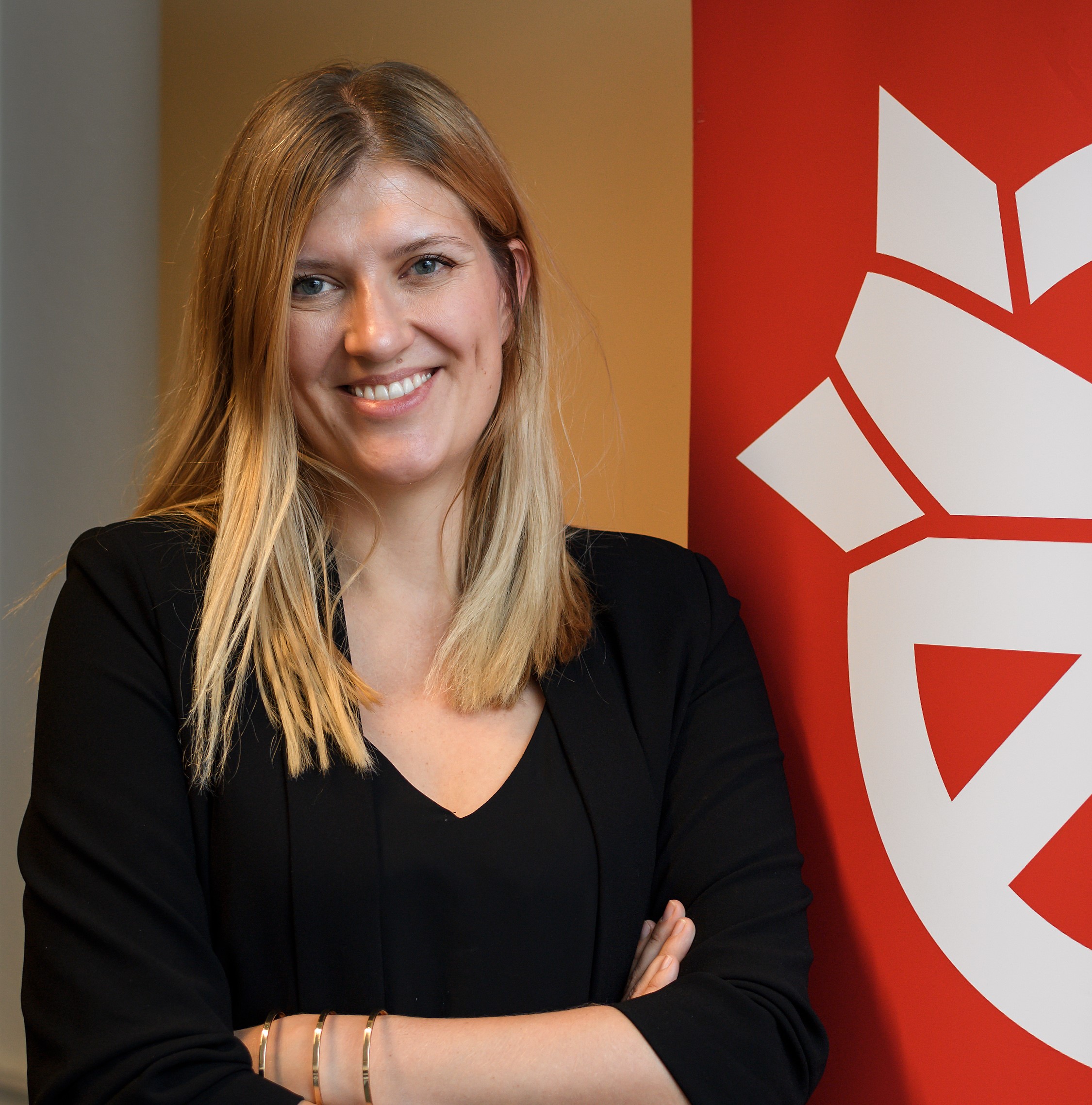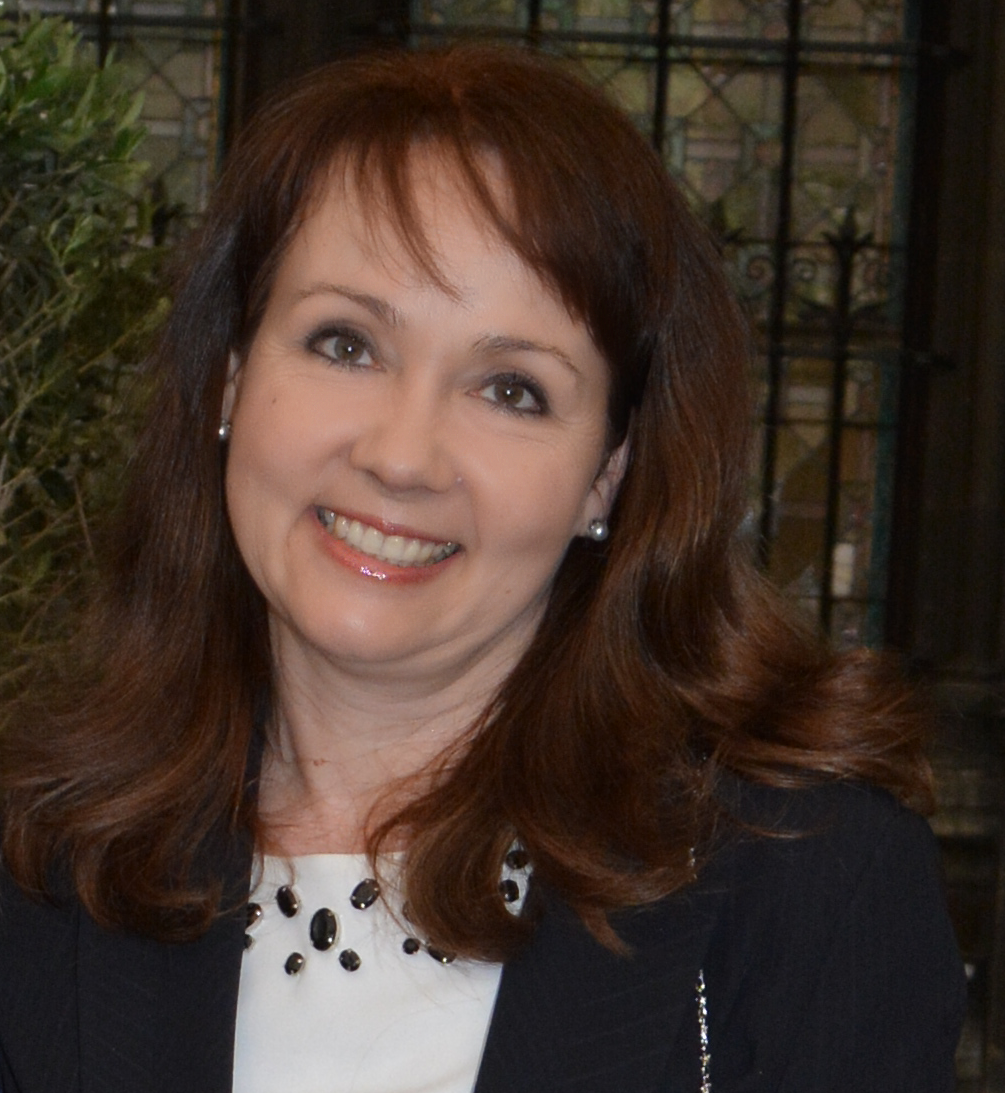17 March 2022
11 a.m. - 12:30 p.m. EST
Organized as a side event of the 66th Session of the UN Commission on the Status of Women in collaboration with Pathways to Peace
This briefing will address the relationship between gender and nuclear disarmament, including the use or testing of nuclear weapons, making a case for the value of including gender in the discourse and decision-making processes on nuclear disarmament. Highlighting the humanitarian consequences that would result from any use of nuclear weapons and the challenges of planning for a humanitarian response.
Programme
Opening and Welcome
Moderator
Keynote Remarks
John Ennis
Senior Political Affairs Officer, United Nations Office of Disarmament Affairs (UNODA)
Speakers
Yoshiko Kajimoto
Atomic bomb survivor [Video testimony]
H.E. Mr. Ferit Hoxha
Permanent Representative of Albania to the United Nations
Bios
Before his latest appointment, Mr. Hoxha was his country’s Ambassador and Permanent Delegate to the United Nations Educational, Scientific and Cultural Organization (UNESCO) in Paris between March 2018 and October 2021.
He served as Director-General for Political and Strategic Issues in Albania’s Ministry of Europe and Foreign Affairs from November 2015 to March 2018. He was Permanent Representative to the United Nations in New York and non-resident Ambassador to Cuba from 2009 until 2015.
Mr. Hoxha also served as Secretary General of the Ministry of Foreign Affairs from 2006 to 2009, during which time he represented Albania on the Board of Governors of the International Atomic Energy Agency (IAEA) from 2007 to 2008.
He was Ambassador to France and non-resident Ambassador to Portugal, Algeria and Monaco from 2001 to 2006; Ambassador to the European Union and Belgium, as well as non-resident Ambassador to Luxembourg from 1998 to 2001; and Director for Multilateral Relations at the Foreign Ministry from 1996 until 1998.
In 1995, Mr. Hoxha was a counsellor at his country’s Permanent Mission to the United Nations in New York.
A graduate of the University of Tirana in Albania, he also studied at the Netherlands Institute of International Relations in The Hague, as well as the University of Maryland’s Center for International and Security Studies, Georgetown University and the University of California in the United States.
The biography is based on the information provided by the Protocol and Liaison office.
Hawa Diallo, Chief of the Civil Society Unit at the Civil Society and Advocacy Section, UN Department of Global Communications has extensive United Nations experience in public information outreach and fostering civil society partnerships, with a particular emphasis on youth and women’s organizations. Ms. Diallo began her United Nations career in 1987 in the Department of Public Information and has served in two United Nations Peacekeeping Operations in Cambodia and Somalia, respectively. She has also worked for the United Nations Human Settlements Programme (UN Habitat) in Nairobi, as an Associate Human Settlements Officer and as a Partners and Youth Officer.
Rinor Jani currently serves as the Program Coordinator for the Nuclear Disarmament Advocacy and Research Program at Pathways To Peace globally and in Albania. Mr. Jani also is a Pathways To Peace Representative to the United Nations. In addition to his work at PTP, he is currently serving as a Committee Member on the UN Department of Global Communications Youth Steering Committee. Rinor is also studying Human Rights at Columbia University while also working with the Columbia University Center for Nuclear Studies. Rinor is also passionate about peacebuilding initiatives, refugee rights, and a more peaceful world through nuclear disarmament.
John Ennis joined the United Nations in 1994 and has worked in development, peacekeeping, humanitarian affairs and disarmament, with postings in Mali, Cambodia, Geneva and New York. He also spent several years at the World Bank in Washington. He is especially interested in education and training and making intergovernmental institutions more accessible to NGO and civil society participation.
Yoshiko was born in 1931 in Hiroshima. At the time of the atomic bombing, Yoshiko was 14 years old, a third-year student of a girls’ high school. She was mobilized to work at a factory 2.3 km from the hypocenter. In 2000, she became one of the Hiroshima Peace Culture Foundation’s official Atomic Bomb Witnesses and began sharing her experiences with Japanese students on school trips, as well as visitors from abroad. When Pope Francis visited Hiroshima in November 2019, Yoshiko spoke of her experience to the Pope and about 2,000 people in the audience.
Beatrice Fihn is the Executive Director of the International Campaign to Abolish nuclear weapons (ICAN), the 2017 Nobel Peace Prize-winning campaign coalition that works to prohibit and eliminate nuclear weapons. Ms. Fihn led the campaign since 2014 and has worked to mobilize civil society throughout the development of the Treaty on the Prohibition of Nuclear Weapons that Entered into Force on January 22nd 2021. She has delivered keynote lectures on weapons law, humanitarian law, civil society engagement in diplomacy and multilateral institutions, as well as the gender perspective on disarmament work. Ms. Fihn holds a master’s degree in law from the University College London and a bachelor’s degree in International Relations from Stockholm University. She was recently listed as one of the 50 innovators who changed the global landscape in 2017 by Bloomberg Media. Ms. Fihn is also the Executive Producer of the film “The Day the World Changed”, the first-ever interactive virtual reality memorial experience to pay tribute to those effected directly by nuclear warfare spanning back to 1945.
Ms. Jolanta Kuśmierczyk-Michulec received her M.Sc. degree in theoretical physics from the University of Gdańsk, Poland, and holds Ph.D. and Habilitation degrees in Natural Sciences from the Polish Academy of Sciences. In years 2010-2014, she assisted the European Commission as an Independent Evaluation Expert for the Environmental Panel (ENV).
In 2012, Ms Kuśmierczyk-Michulec joined the Comprehensive Nuclear Test-Ban-Treaty Organization (CTBTO) as an Atmospheric Sciences Officer in the International Data Centre Division. In her current position, she applies her expertise to fusing radionuclide and waveform events detected by the CTBT verification system using Atmospheric Transport Modelling (ATM). She also liaises with external counterparts of the CTBT in Member States and is the scientific lead for ATM-related software the CTBTO provides to its Member States under its technical assistance programme.
]
Véronique ChristoryVéronique Christory is the Senior Arms Control Adviser for the International Committee of the Red Cross, Delegation to the UN. Since 1997, she is promoting and developing laws regulating the use of weapons.
She negotiated the Treaty on the Prohibition of Nuclear Weapons (2017).
She has participated in all major negotiations on nuclear and conventional weapons as well as cyber, outer space and new technologies issues at the UN for the last two decades. She also did a training on landmines demining in Cambodia.
She holds two MA in International Relations and in Russian and Slavic and Eastern European Studies from the Institut National des Langues et Civilisations Orientales (INALCO), Paris. She is the mother of four children. Véronique received the 2018 Compassion Award from an international catholic NGO for her dedication to disarmament.
Resources
- UN Office of Disarmament Affairs (UN ODA)
- UN ODA Gender Policy 2021 - 2025
- International Day for Total Ellimination of Nuclear Weapons
- Treaty on the Non-Proliferation of Nuclear Weapons (NPT)
- Comprehensive Nuclear-Test-Ban Treaty (CTBT)
- Treaty on the prohibition of nuclear weapons
- Presentation "CTBTO and Women in Science Contributing to Nuclear Disarmament and Disaster Risk Mitigation" presented by Jolanta Kuśmierczyk-Michulec,
Atmospheric Sciences Officer at IDC, Comprehensive Nuclear-Test-Ban Treaty Organization (CTBTO)









